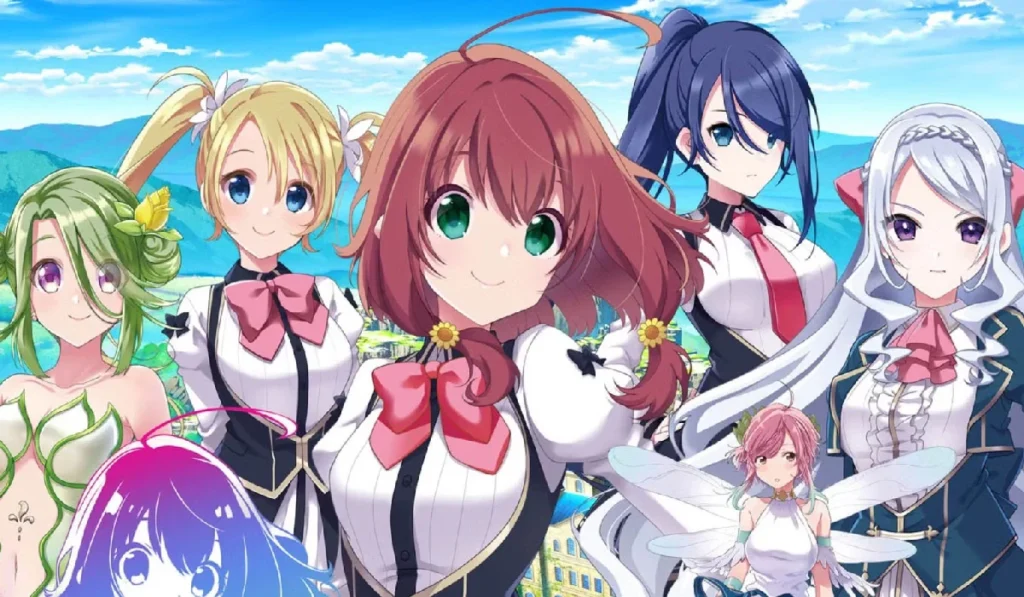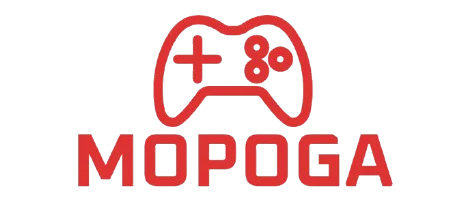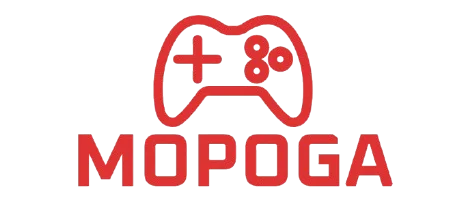
Introduction to Mopoga
If you’ve come across the term mopoga, you’re probably wondering what exactly it refers to. At first glance, it looks like one of those modern internet-born words or a brand name that has recently gained attention. The truth is, mopoga is one of those terms that can have multiple interpretations depending on the context. In some cases, it’s linked with online platforms and digital experiences, while in others, it has a more cultural or regional nuance. Regardless of where you’ve heard it, mopoga carries curiosity, and that curiosity has only grown as more people search about it.
In today’s digital world, words and names like mopoga often evolve quickly. They begin as niche terms in one community, then spread widely due to social media, digital apps, or online conversations. For businesses, creators, and even casual users, understanding what mopoga means and where it fits is important. After all, language and branding carry power, and terms like mopoga show how quickly they can shape trends or spark new conversations.
This article will break down mopoga from every angle: what it might represent, how people are using it, why it has significance, and what role it could play in industries ranging from entertainment to technology. So, let’s explore mopoga step by step and uncover the layers behind this unique word.
The Origins of Mopoga
The first thing people usually ask is: where does the word mopoga come from? While mopoga does not have a long-documented history like traditional cultural terms, it has all the markers of a coined word designed for modern relevance. It may be derived from a blend of different syllables, crafted intentionally to be easy to pronounce, memorable, and adaptable for branding.
In many cases, words like mopoga originate as domain names, app titles, or creative labels for startups. They’re built to stand out in the crowded digital landscape. Mopoga fits this mold perfectly—it’s short, catchy, and leaves room for interpretation. That’s why you’ll often see it associated with digital platforms, online interactions, or even gaming and entertainment communities.
At the same time, mopoga may carry different meanings depending on region. Some communities may use it as slang, while others may interpret it as part of a product or service name. This fluidity is a big part of why the word is catching on—it adapts to whatever role its users assign to it.
Mopoga in the Digital World

One of the strongest associations with mopoga comes from the digital space. Whether it’s a website, an app, or an online community, mopoga has the kind of branding style that feels instantly internet-friendly. It doesn’t carry heavy cultural baggage, and its unique sound makes it a great fit for tech-related products.
Mopoga as a Platform
It’s common for startups or emerging companies to create platforms under names like mopoga. Such platforms often revolve around community building, gaming, or social interaction. In fact, mopoga could easily fit into the category of digital entertainment, where people come together to share experiences, play games, or collaborate online.
Mopoga and Mobile Apps
The app market thrives on originality. With millions of apps competing for attention, a distinct name like mopoga can make all the difference. Whether it’s a productivity app, a casual game, or a social tool, mopoga gives the sense of something fresh and engaging. That’s why it’s no surprise if you encounter it as part of a mobile app ecosystem.

Mopoga in Online Conversations
Beyond being a brand name, mopoga is slowly making its way into online conversations as a term. Just like words such as “selfie” or “meme” started small before blowing up, mopoga has the potential to be used in broader contexts, especially as communities begin adopting it in creative ways.
The Social Side of Mopoga
What makes a word like mopoga fascinating is its potential social impact. People are naturally drawn to words that sound playful, modern, and adaptable. That’s why mopoga works so well as a term that can grow organically in online circles.
Community Building
Communities thrive on shared language. A term like mopoga provides a sense of identity. Whether people use it to describe a group, an activity, or even just a vibe, it helps build cohesion among members of online spaces. For example, a gaming forum or a digital fan club might embrace mopoga as a symbol of belonging.
Cultural Adaptability
Another interesting aspect is mopoga’s cultural adaptability. Since it doesn’t have a fixed, centuries-old meaning, it can mold itself into whatever users want it to be. This flexibility allows mopoga to cross borders more easily, gaining traction in multiple languages and cultural contexts without resistance.
Social Media Popularity
On platforms like TikTok, Instagram, or Twitter, unique words spread quickly. Mopoga’s catchy structure gives it the potential to become a trend hashtag or even part of viral challenges. If influencers or content creators latch onto it, mopoga could easily make the jump from niche curiosity to mainstream recognition.
Mopoga and Branding
From a branding perspective, mopoga is a dream come true. Marketers know the value of a unique, recognizable, and versatile name, and mopoga checks all the boxes.
Memorability and Simplicity
One reason mopoga is effective is its simplicity. It’s short, easy to spell, and has a rhythmic sound that makes it memorable. These qualities are critical for brand recognition, especially in crowded markets. Consumers are more likely to remember mopoga than a long, complex brand name.
Emotional Connection
Words like mopoga often evoke curiosity. People want to know what it means, what it stands for, and how they can engage with it. This curiosity can be turned into an emotional connection, which brands can leverage to build loyalty and community around the name.

Versatility in Use
Unlike rigid brand names, mopoga can be adapted across industries. It could be a tech company, a clothing line, an art collective, or even a music project. This versatility means mopoga has room to expand without being confined to a single niche.
Mopoga and Technology
In the realm of technology, mopoga fits perfectly. Tech companies often search for unique, futuristic names, and mopoga delivers on that front.
Gaming and Interactive Media
Gaming communities are especially drawn to names that sound fun and imaginative. Mopoga could easily be the name of a multiplayer platform, a game title, or a social gaming app. Its sound is inviting and playful, which aligns well with the gaming industry’s culture.
AI and Innovation
As artificial intelligence and new tech solutions grow, companies look for names that blend creativity with modernity. Mopoga has the kind of futuristic tone that works well in AI-based tools, machine learning platforms, or other innovative projects.
Digital Identity
In the era of NFTs, metaverse projects, and online personas, mopoga could become a recognizable part of digital identity. People might adopt it as usernames, handles, or community tags, further solidifying its place in the tech landscape.
Mopoga in Everyday Life
Beyond digital branding and tech, mopoga can also play a role in everyday life. Language is constantly evolving, and new words often make their way into casual conversation.
A Symbol of Fun
Because of its playful sound, mopoga can be used as slang or shorthand for something fun, lighthearted, or cool. In daily conversations, people could say “that’s so mopoga” as a way to describe something exciting or trendy.
Lifestyle Branding
In lifestyle industries such as fashion, fitness, or wellness, mopoga could be positioned as a brand that represents creativity and energy. Its fresh sound appeals to younger audiences who resonate with dynamic, modern brands.
Pop Culture Influence
If mopoga gains traction in movies, music, or online content, it could become embedded in pop culture. Words often evolve this way—starting as small niche terms, then spreading widely through entertainment and media.
The Future of Mopoga
Looking ahead, the future of mopoga looks promising. While it’s still in its growth phase, the potential applications are vast.
Expansion Across Industries
We can expect mopoga to be adopted across multiple industries, from entertainment and tech to fashion and lifestyle. Its adaptability ensures it won’t remain limited to one niche.
Rising Digital Relevance
As digital communities continue to shape language, mopoga could become a household term online. It has the right structure to thrive as a hashtag, a meme, or even part of digital slang.
Long-Term Cultural Value
If mopoga continues to spread, it could eventually hold cultural value as a modern word born out of the internet age. Like other unique terms, its staying power will depend on how communities adopt and redefine it over time.
Conclusion
Mopoga is more than just a curious-looking word—it’s a term packed with potential. From its adaptability in branding to its fit within digital communities and everyday conversations, mopoga is the kind of word that can grow in meaning and importance. Its strength lies in its simplicity, memorability, and ability to connect with people across contexts.
Whether it evolves into a global brand name, a cultural trend, or simply a fun part of internet language, mopoga is worth paying attention to. It represents how modern words can emerge, take shape, and influence the way we interact online and offline.